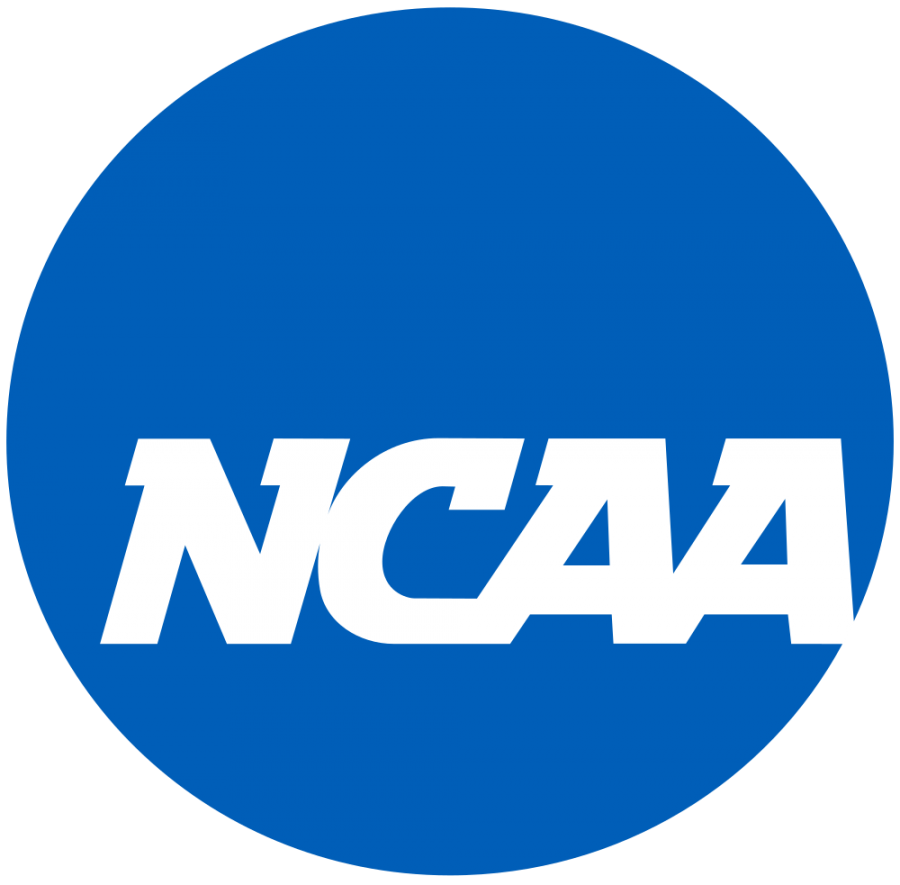NCAA Approves Compensation for Student-Athletes
Beginning in the 2020-21 school year, NCAA student-athletes will now be able to accept compensation from sponsors and third-party companies.
On April 29, the National Collegiate Athletic Association’s (NCAA) Board of Directors announced that student-athletes will now be able to accept compensation from sponsors and third-party companies. The move, which will benefit college athletes playing Division I, II, and III, started gaining traction in the fall of 2019 when California passed the Fair Pay to Play Act permitting endorsement deals for college athletes. In the months following, many other states followed suit, prompting the NCAA Board of Directors to begin tackling this issue.
While athletes are now allowed to cash-in on third-party endorsements, affiliations with their schools are not allowed. According to the NCAA, “While student-athletes would be permitted to identify themselves by sport and school, the use of conference and school logos, trademarks or other involvement would not be allowed. The board emphasized that at no point should a university or college pay student-athletes for name, image, and likeness activities.”
Ekow Yankah, a writer for The New Yorker, described the NCAA’s current payment policies as “deeply exploitative and deeply problematic.” In 2019, National Public Radio reported that while the NCAA generated over a billion dollars in revenue from its regular seasons and special events including March Madness and the College Football Playoffs, none of this money was passed along to the athletes. In 2017, the NCAA ruled that University of Central Florida’s football kicker Donald De La Haye’s monetized YouTube channel was against NCAA guidelines. In response, De La Haye no longer had the opportunity to pursue his collegiate football dreams.
Over the past few years, Duke University’s Zion Williamson and the University of Alabama’s Tua Tagovailoa, both top five picks in the 2019 NBA and 2020 NFL drafts respectively, racked up millions of followers on social media apps such as Instagram and Twitter before their professional careers started. Endorsement deals from Nike and Adidas, if allowed, could have earned the athletes a substantial payday and helped them build and expand their brand.
Finally, after years of campaigning and working with coalitions formed by professional players, collegiate athletes will be able to economically benefit from their contribution to the NCAA and their respective schools. The new proposal is set to go into effect during the 2020-21 school year, and experts believe it will impact the lives of all aspiring athletes. Miles Brewster ’20, who is committed to play Division I basketball at Boston University, said, “I think this deal is way past due because these colleges have been generating money off of their student-athletes’ images for so long, and I want the opportunity to make money off of my own image. I don’t want to simply be exploited for it.”






